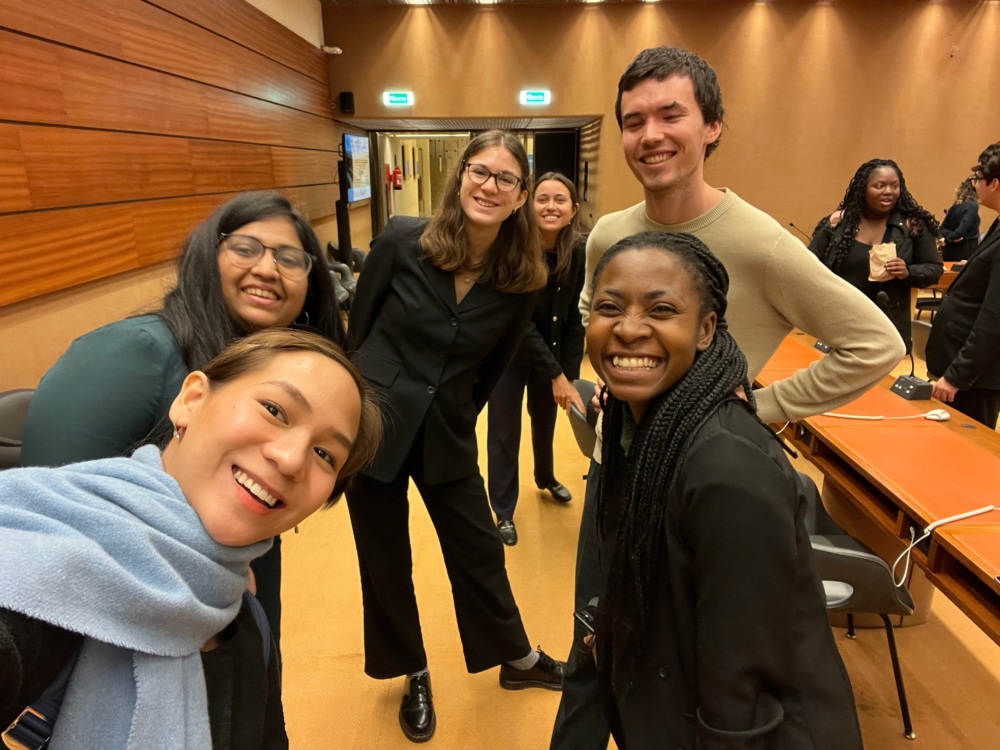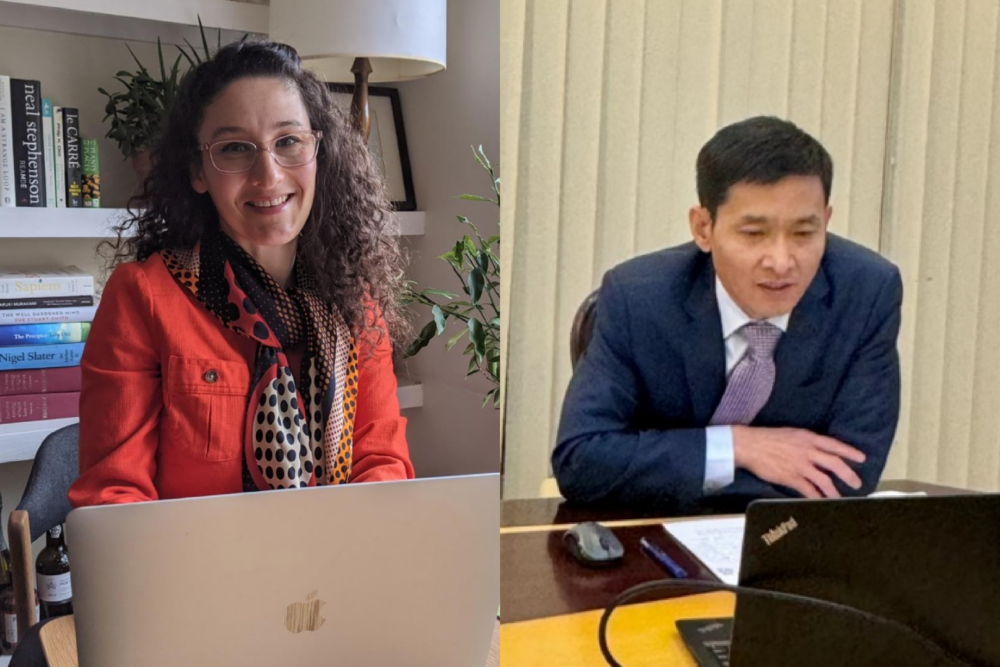
Apply for the 2024 NTI | bio Next Generation Biosecurity Delegation
NTI | bio will bring a 2024 Next Generation Biosecurity Delegation of early-career professionals to the Biological Weapons Convention (BWC) meetings from August 19 – 23.
About the image
NTI | bio Vice President Jaime Yassif is one of several dozen senior-level expert signatories on a recent Center for Strategic and International Studies (CSIS) report, “Eight Commonsense Actions for Biosafety and Biosecurity.” This report, published on November 21, comes from the CSIS Bipartisan Alliance for Global Health Security’s Working Group on R&D Innovation, a working group that Yassif participated in. The working group has engaged with U.S. government experts, industry leaders, international organizations, and other stakeholders to weigh this question: What concrete actions can and should the U.S. government undertake in the coming few months to strengthen U.S. and global biosafety and biosecurity? The report advocates for eight commonsense actions, including:
Read the full report on CSIS’ website.
Sign up for our newsletter to get the latest on nuclear and biological threats.
NTI | bio will bring a 2024 Next Generation Biosecurity Delegation of early-career professionals to the Biological Weapons Convention (BWC) meetings from August 19 – 23.
NTI | bio convened more than 25 high-level biosecurity professionals, AI experts, and policymakers for the inaugural meeting of the International AI-Bio Forum.
The China Arms Control and Disarmament Association and NTI jointly convened a virtual Track II Dialogue, a forum to promote mutual understanding among Chinese and U.S. experts about urgent and emerging biosafety and biosecurity risks.


